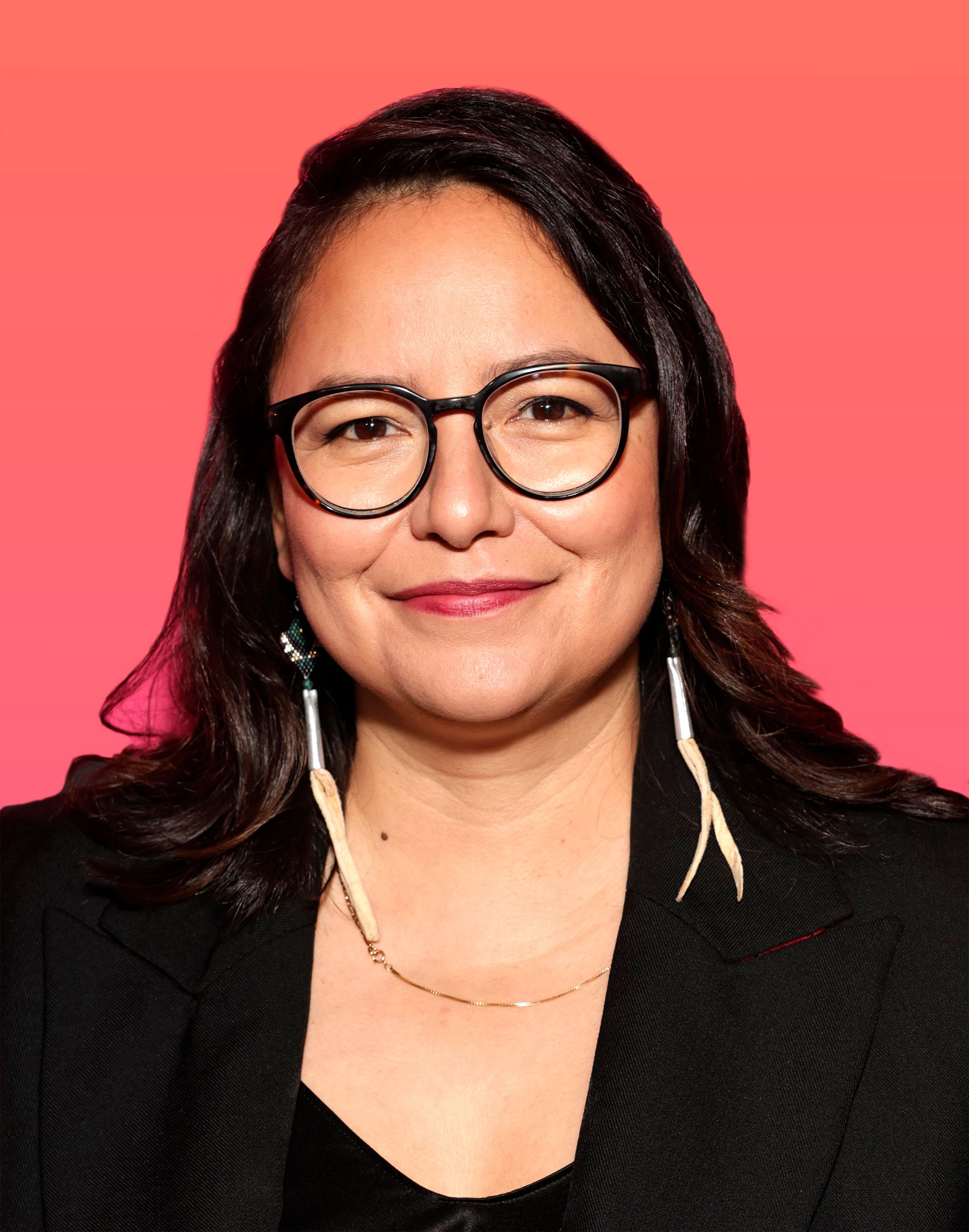Connie Walker’s first assignment for her high school newspaper was a story about the murder of a Saulteaux Indigenous woman by two white men near where Walker grew up on the Okanese First Nation. She didn’t see any Indigenous journalists covering the story. She realized she could be that voice.
Nearly a decade ago, I interviewed Walker because she had become that voice. Her groundbreaking work has shed light on unsolved cases of missing and murdered Indigenous people, even unearthing new evidence.
While many newsrooms continue to ignore our stories, Walker has skin in the game. In the most recent season of her Pulitzer Prize–winning podcast, Stolen, she turned her investigative acumen on the Indian residential school where her father was abused—a story all too familiar for Native families.
It’s her relentless commitment to exposing hidden truths—which she pursues with the dogged drive of an investigator, the compassion of a relative, and the vulnerability of an artist—that makes her voice so powerful.
NoiseCat is a writer and filmmaker
More Must-Reads from TIME
- Why Biden Dropped Out
- Ukraine’s Plan to Survive Trump
- The Rise of a New Kind of Parenting Guru
- The Chaos and Commotion of the RNC in Photos
- Why We All Have a Stake in Twisters’ Success
- 8 Eating Habits That Actually Improve Your Sleep
- Welcome to the Noah Lyles Olympics
- Get Our Paris Olympics Newsletter in Your Inbox
Contact us at letters@time.com





